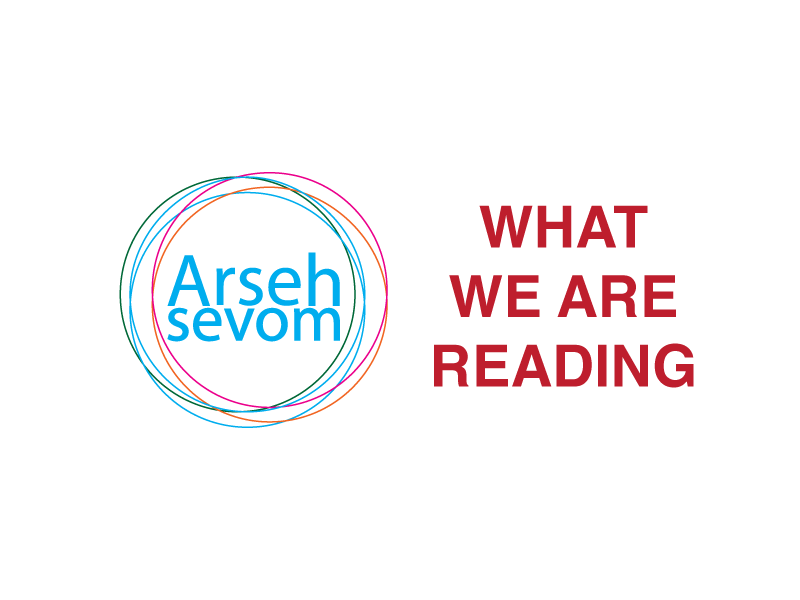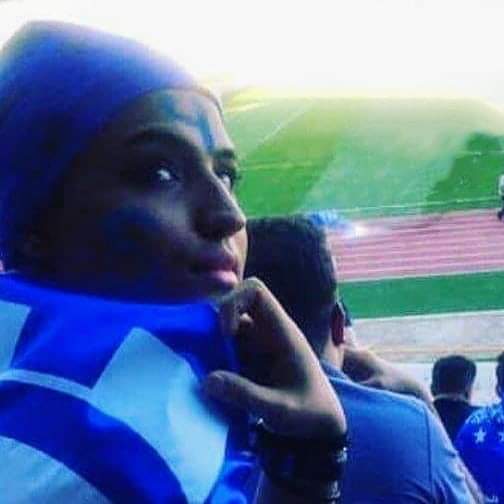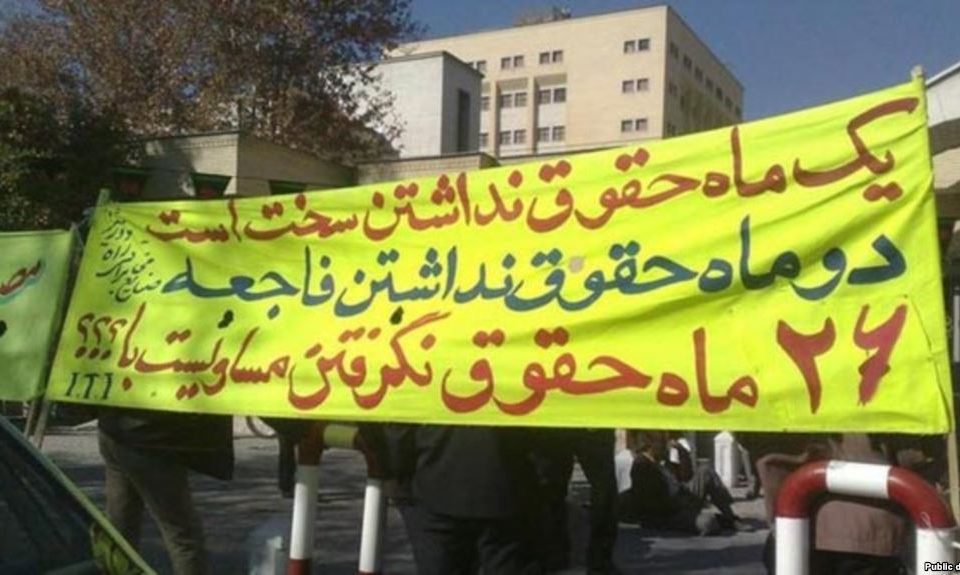Online Social Capital?
August 2, 2011
Two Important Facebook Issues: Privacy and Attack Rumors
August 22, 2011Tehran Bureau has translated a Fars News interview with Principlist Ali Motahari, the son of a prominent martyred cleric and a member of parliament. He expresses surprising views on opposition and freedom of assembly. Here is an excerpt:
Armed struggle does not mean just to come out on the streets with guns. Why did the Basij and people die in 2009 [in the election’s aftermath]?
Anything can happen in a chaotic social uprising. At such times, illegal mobs on the one hand and the armed opposition [the MKO] on the other hand become active.
Who created the necessary [social] background for such actions?
We did by not giving [the opposition] a permit for their gathering.
Is it not the legal authority that must decide whether a permit should be granted?
Yes.The official in charge decided not to grant the permit.
That is what we are saying, that given the special conditions the official erred by not granting the permit. They should have considered the social conditions. In Tehran, 3.2 million people said that there was fraud in the election [when they demonstrated on June 15, 2009], and most of them were not concerned with Mousavi and Karroubi. A large number of people wanted to protest. What should we have done? Beat them up with batons?In your view, when they attacked an armed Basij base, we should have praised them? Would you have said the same had they attacked the Majles?
If the permit had been granted, that [attack] would not have happened. They should have granted them the permit to go to the Mosalla [where special mass prayers are held] and shout slogans [against the government]. Then they should have been asked what their demands were and the television should have broadcast it. They should have even allowed Mousavi and Karroubi to speak to the people on television and evidence their claim about fraud, and [the government could have] respond[ed] to them.If they had been granted several assembly permits, they would have lost their supporters and, for example, only 100,000 people would have remained at the end who wanted to cause destruction and set [places] on fire. Then they could have been seriously confronted. I saw [with my own eyes] that they [government forces] beat up on the people with batons right from the first day. We viewed the problem from a security/intelligence angle, not political and social, and acted based on the intelligence [gathered on the opposition], whereas we should have calmed the common people until they went home. In reality, we did not separate the common people from the leaders of the crisis.
Read more: http://www.pbs.org/wgbh/pages/frontline/tehranbureau/2011/08/ali-motaharis-extraordinary-interview.html#ixzz1VTexCAcz
Persianbanoo has published a translated letter from prisoners of conscience in Evin prison to the prosecutor general. They discuss the way contact with their families is limited or denied as a tool to force them to “behave.”
A statement that you have not hesitated to make over and over to us and to our families. You repeatedly have made the statement that the reason for delays in our cases is because we have not yet learned how to “behave”.
We can not understand what your duty is? Is it to teach the political prisoners how to behave or is your duty to enforce the rule of law.
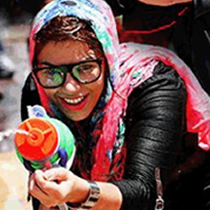 Playful water fights have become political battlegrounds as the regime cracks down on organizers.
Playful water fights have become political battlegrounds as the regime cracks down on organizers.
Radio Free Europe reports:
Following the two incidents, General Ahmad Rouzbahani, head of Iran’s morality police, warned that police “will act forcefully” against similar behavior and would not allow such events to happen in public places, or anywhere across the country.”
A Zogby poll shows that the formerly positive image of Iran in the Arab World is declining. A pdf of the report can be found here. Radio Farda reports:
Most Arabs look askance at Iran’s role in their region with majorities in five of six countries concerned with Iran’s role in Iraq and pluralities troubled by Iran’s role in Bahrain and the Gulf region in general. Views are most negative in Saudi Arabia and UAE, followed by Morocco and Egypt. In Jordan and Lebanon perceptions of Iran’s role are mixed with Jordanians and Lebanese seeing Iran play a positive role in Lebanon but are less supportive of Iran’s role in the broader region.
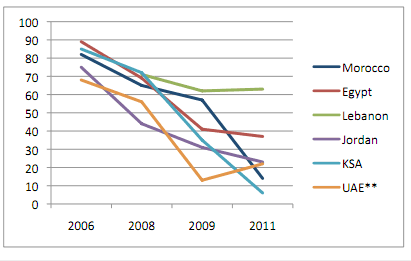
Mohammad Maleki, the first post-revolution chancellor of Tehran University appeared in court at the end of July. He was charged with “enmity against God,” which can carry a death sentence.
The charges against Maleki include “enmity with God” — which carries a possible death sentence — deriving from his alleged connections to the exiled opposition group Mujahedin-e Khalq Organization (MKO); insulting the founder of the Islamic republic, Ayatollah Ruhollah Khomeini, and Supreme Leader Ayatollah Ali Khamenei; and acting against national security.
Maleki said he denied all the charges brought against him. He said he has never had any organizational ties whatsoever with the MKO or any other groups or parties.
Regarding the second charge, Maleki said he told the court he had not “insulted” but “criticized” the authorities, which he considered his duty. “As for the ‘acting against national security’ charge, I just laughed,” Maleki said.
The United States Institute of Peace has a number of concise posts about Iran that are well worth reading.


